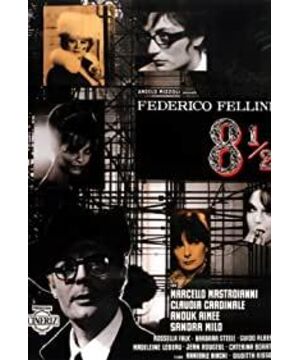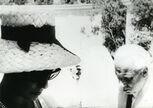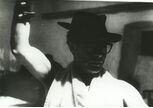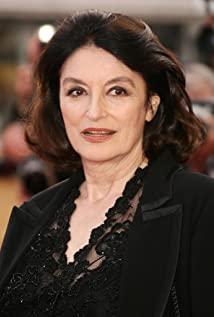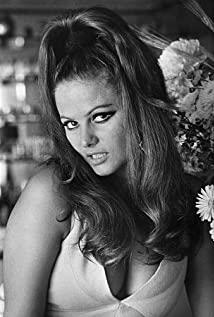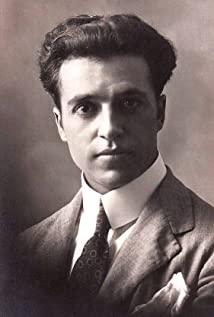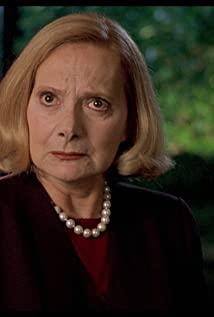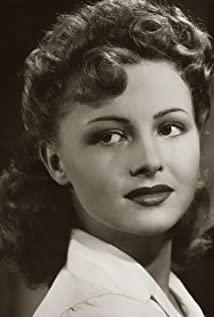The film contains a lot of information. It can be said to be a semi-autobiography of the director. In the film, he analyzes himself very realistically. It also includes the director's philosophical thinking and the director's values, the artist's usual thinking about the meaning of life, and finally self-reconciliation. (Although the self-conciliation at the end of this video strikes me as abrupt). The film constantly alternates between childhood memories, dreams and reality, reminiscent of Freudian psychoanalysis. It seems a little confusing, but this is also the chaos of life that the director wants to express. The protagonist of the film is a director who is thwarted and fears that this uninspired state will continue. He had relationships with multiple women, wives, mistresses, goddesses, but he felt like he couldn't belong, and no one really understood me. And his goddess tells the truth that he can't love, so all his love scripts are badly written. Black and white film, but beautiful use of light and shadow. It makes people suddenly appreciate the classical beauty of black and white films. I used to think that black and white films would be less interesting than color films. The conversion of the lens is also very good, and those lenses that take one shot to the end are very interesting. The film's final happy ending is expressed in a circus, once reflecting the director's circus plot.
This is the first time I saw Fellini's director, but I have seen many Bergman films before, and I think the two of them are the same kind of people. I heard that the two of them are very sympathetic when they meet. In the future, Fellini's films can be added to the watch list.
View more about 8½ reviews


